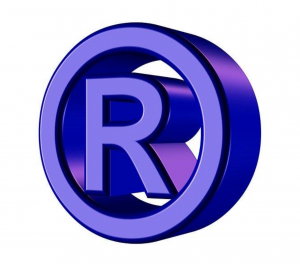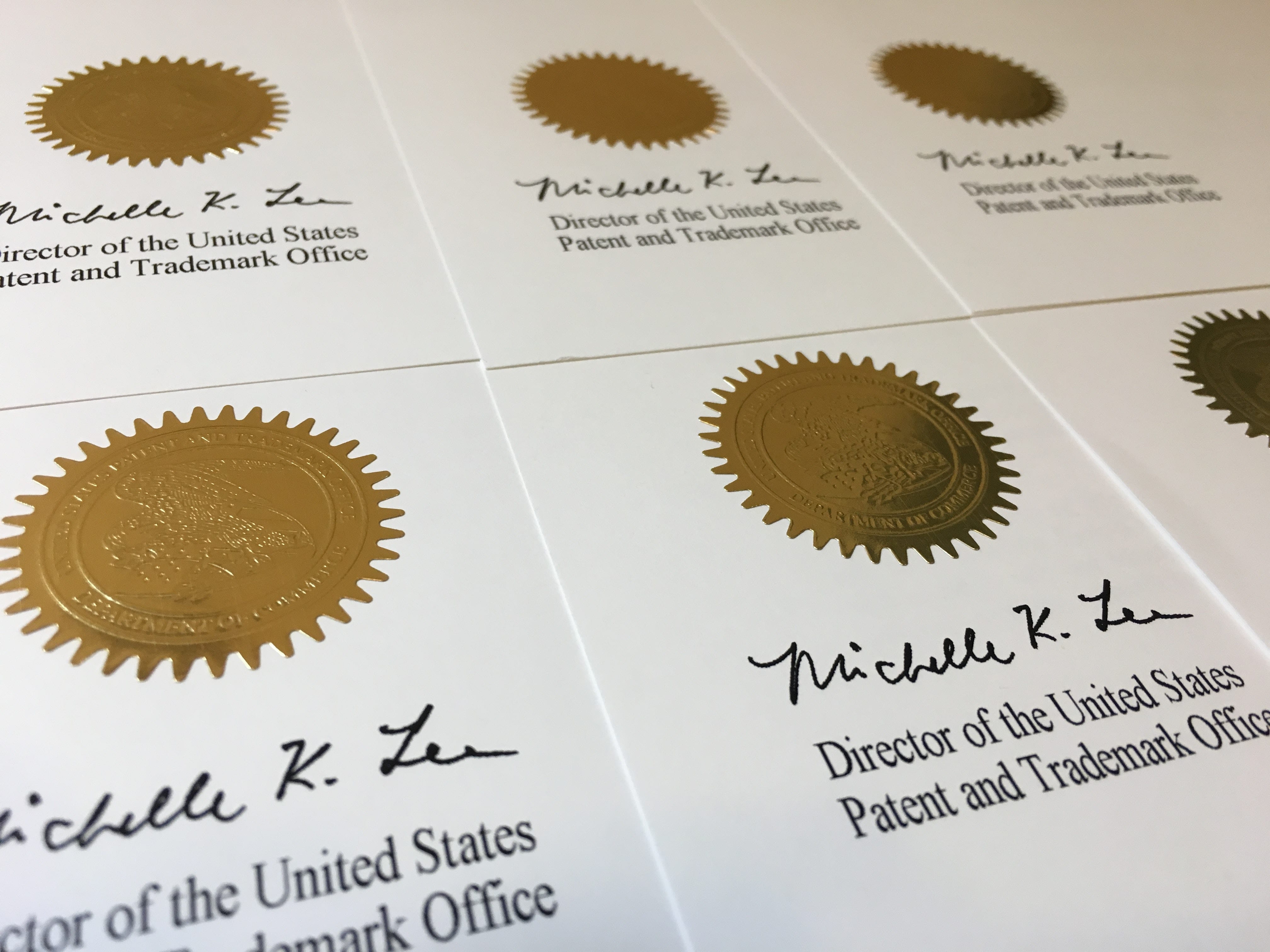Owners of businesses and brands stand to gain significantly by applying for and obtaining trademarks.
A trademark is a unique symbol or word(s) representing a business or its products and services. As long as the trademark is properly registered with the unique symbol or word(s) and remains in use, it cannot be used by anyone else. The validity of a trademark is perpetual as long as it is renewed periodically, according to the International Trademark Association, unlike patents that expire after 20 years. One of the biggest advantages of trademarks is that they are easily associated with the company’s name and its brands. Instant recognition drives customer preference and sales. Some of the top benefits of registering your trademark:
Alerts Others of Your Brand and the Protection It Enjoys Against Copying
Obtaining a federal trademark registration and using it liberally informs the public of your brand and that it enjoys protection across the country. Once the United States Patent and Trademark Office (USPTO) approves and registers the trademark application, it will appear on its online database. You can start affixing the registered trademark symbol” ®” along with your trademark to inform people that it is federally registered. You can also preempt people with mischievous intent from claiming that they were unaware of the existing trademark. U.S. trademark law assumes companies will do their due diligence, including checking the USPTO database, before registering a trademark.
Trademark Covered Across the Nation
You can file for a state trademark registration or acquire trademark rights by using your mark associated with your goods and services. However, the protection is limited by geography. You can only use a state trademark in the state where it is registered. If you choose not to register your mark with the state or federal authorities, you will have limited protection. You may be in an untenable position when you expand into other geographic territories, especially when you use e-commerce. You may be competing with products and services in areas where you do not enjoy any protection. A brand owner with limited or no protection in other geographic territories will find it hard to operate, expand, or even compete in online advertising or social media. State-based rights or those based on common law can be difficult and expensive to enforce, especially when compared to federal trademark registration.

Presumption of Ownership and National Validity
A trademark application is scrutinized vigorously by a trademark examining attorney before the USPTO grants the registration. The attorney conducts an extensive review of existing trademarks and scrutinizes your trademark to decide if the registration can be issued. After the review, USPTO allows 30 days for third-party objections, and only afterward, is a trademark registration issued. The rigorous evaluation process gives the trademark holder a presumption of national validity over owners of unregistered marks. While others can combat a federal trademark registration with evidence, the burden of proof lies with them, not the registered owner.
Conclusion
Owners of businesses and brands stand to gain significantly by applying for and obtaining trademarks. Even though the process is laborious and time-taking, it is well worth the effort because of the protection you get.


Join the conversation!